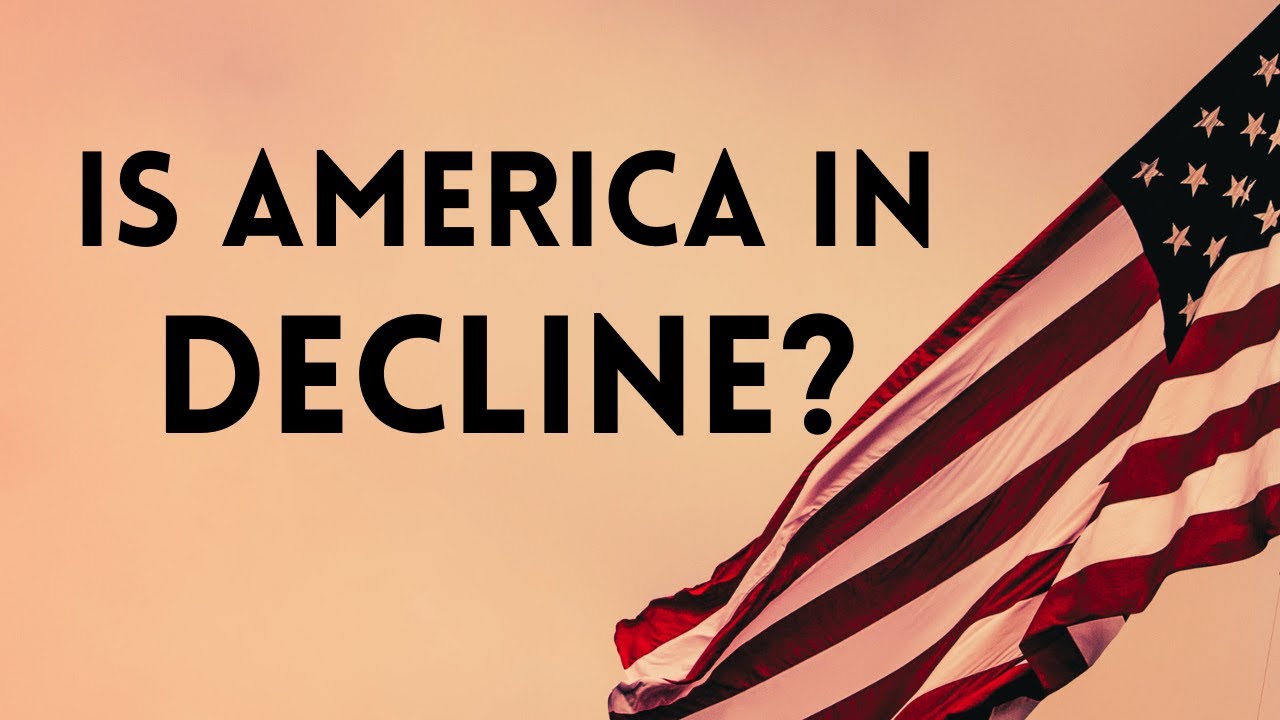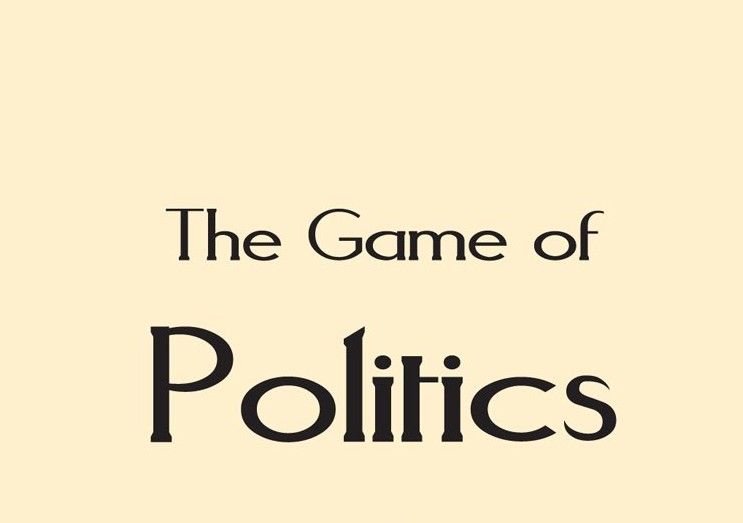(ThyBlackMan.com) In case you haven’t yet heard, Richard Cordray, the first-ever Director of the Consumer Financial Protection Bureau (CFPB), resigned in late November. President Trump’s unlawful appointment of Mick Mulvaney to serve as the Bureau’s Acting Director signals a distinct shift in the Bureau’s future.
Since enactment of the Dodd-Frank Wall Street Reform Act, this column has chronicled how the consumer’s ‘financial cop-on-the-beat’ was working on their behalf. Besides powerful enforcement authority to bring nearly $12 billion in restitution and forgiveness to financially-harmed consumers, CFPB’s director is also legally empowered to promulgate rules that bring clarity and transparency over a range of financial services.
The ballooning and unsustainable debt of student loans is a key area in which the CFPB took strong enforcement actions during the Obama Administration, but the current occupant of 1600 Pennsylvania Avenue pledged to curb CFPB’s actions and appointed an Education Secretary, Betsy DeVos, to delay if not deny much of what CFPB accomplished, particularly in student lending.
For example, the “Gainful Employment” (GE) rule was finalized in 2014 and took effect in 2015. Even so, Secretary DeVos has called for a new negotiated rulemaking process for it and another key rule known as “Borrower Defense to Repayment” that was set to take effect this year.
With neither rule available to financially harmed consumers, a series of negotiated rulemaking sessions on each was scheduled to revisit both rules. From November 13-15, the first negotiated rulemaking was held on the rule known as “Borrower Defense to Repayment.” This week (December 4-7), another rulemaking session was convened to address the GE rule.
Thousands of students who enrolled in now-defunct programs were left with debts that the Department’s delay in rulemaking only worsens. What they do have are academic credits that no accredited educational institution will accept, and/or certificates and degrees that do not provide the requisite skills and knowledge in the fields studied. Any delay in their ability to secure financial forgiveness adds only more stress to an already lengthy wait. Additionally, schools with poor performing records continue to enroll students and increase the scope of the national student debt crisis.
Currently, the Department of Education has approximately 95,000 pending complaints seeking relief under the Borrower Defense rule.
When the negotiated rulemaking session for the “Borrower Defense to Repayment” rule was held, participating consumer advocates noticed a slant towards business interests compared to those who supported consumers and students. The rulemaking session included industry lobbyists, representatives of for-profit colleges, consumer advocates and government officials. Participant requests to make the proceedings publicly accessible were denied. The Department of Education refused to allow live-streaming of its rulemaking, despite its availability and that it is frequently utilized at every level of government.
“These sessions and rules will impact millions of Americans, most of whom do not live in the District of Columbia or cannot afford to miss days at work,” noted Ashley Harrington, a policy counsel with the Center for Responsible Lending (CRL) and a negotiated rulemaking participant. “Many of those left outside the meeting room and its process are the very same students who have been and will continue to be most affected by predatory practices at the institutions these committees are examining.”
Harrington continued: “With over 44 million Americans in debt for $1.4 trillion in loans, we all need as much transparency as possible.”
This precedent set by the mid-November rulemaking does not bode well for the session on the GE rule. This rule would require that career and technical training schools lead to income levels that enable its students to afford their student loan repayments.
Particularly for Black and other consumers of color, higher education has been preached as the best way to earn entry into America’s middle class, and reach financial independence. To finance educational costs, many of these consumers borrowed more heavily than other consumers before unfortunately discovering what they were promised was not being delivered.
While student borrowers grapple with rising debts, a recent CFPB report showed that, during the past five years, more than 50,000 student loan complaints were filed. Additionally, more than 10,000 other related debt collection complaints were filed on both private and federal student loans. As the report details student loan complaints by state, it is proof that student debt is indeed a national problem on multiple levels.
For example, CFPB’s analysis found that the growth in the number of student loan complaints exceeded 100 percent in 11 states: Georgia, Indiana, Louisiana, Mississippi, Montana, North Carolina, South Carolina, Pennsylvania, Texas, Washington State and West Virginia.
The largest number of student loan complaints came from one of five states that tallied 2,600 complaints or more: California, New York, Florida, Texas and Pennsylvania. In these states and three others—Georgia, Illinois and Ohio—debt totals tallied by complaints ranged from a low of $53 billion in Georgia, to a state high of $129 billion in California.
Commenting on these findings, Seth Frothman, CFPB’s Student Loan Ombudsman said, “These complaints help us to recognize and work to stop industry practices that harm consumers and can serve as the first step in a process that halted industry practices harming some of the most vulnerable individuals, saved hundreds of millions of dollars for tens of thousands of student loan borrowers, and strengthened aspects of the student loan repayment process to protect millions of consumers.”
Transparency has been CFPB’s watchword, not just in student loans, but in every lending area. Now with a new Acting Director, a slow drag on rules could turn into a stop. And all the while, consumers with any unresolved or pending complaints on file with CFPB are forced to wait to learn their financial fates.
“The ‘Gainful Employment’ and ‘Borrower Defense to Repayment’ rules work together to protect borrowers and their families at both ends of college attendance,” noted CRL Policy Counsel Whitney Barkley-Denney, a participant in the GE negotiated rulemaking. “If properly enforced, GE would stop deceptive and predatory programs from enrolling new students.”
Barkley-Denney concluded: “Borrower Defense to Repayment helps borrowers who have already been deceived get back on their feet. Borrowers and taxpayers deserve to know that the Department of Education is looking out for them from the time they are making their enrollment decisions until they finish paying their last student loan.”
Written by Charlene Crowell
Official website; http://twitter.com/charlenem2

















Leave a Reply